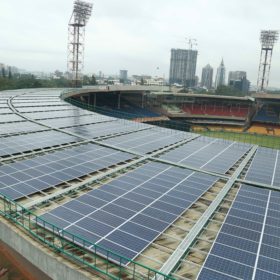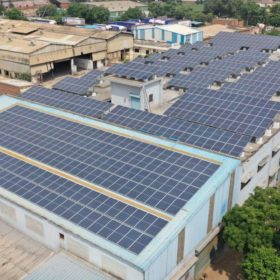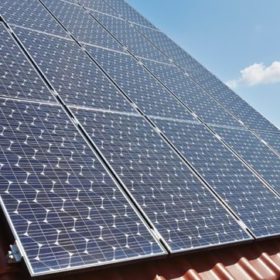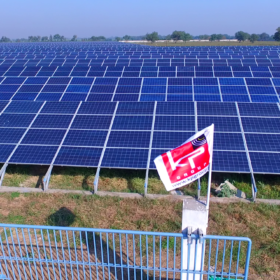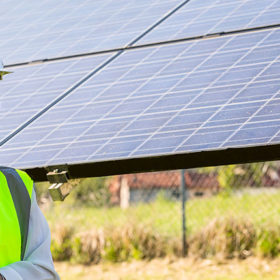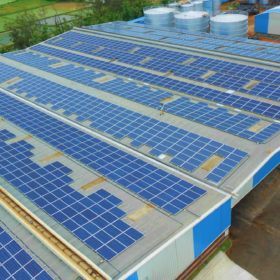Rajasthan set to take the solar crown in 2020
Norwegian analyst Rystad Energy has predicted the stop on PV tenders in Karnataka will see Rajasthan become India’s leading solar state this year. The market research firm expects India to add only 10 GW new solar in 2020, however, and the same figure in 2021.
‘India will add 14 GW of solar this year’
The annual global outlook report for solar published by IHS Markit notes there was no real uptick in the amount of new capacity added last year, compared with the returns seen in 2018. That is likely to kill any hope India has of overtaking the U.S. as the world’s second biggest solar market in 2020.
2020 Solar Match: Chasing the Target
While openers like SRISTI scheme for rooftop solar and KUSUM for farmland solar are likely to give a promising start, their implementation on the ground will determine our winning trajectory this year. Simply going by the connotation of 6 balls an over in the game of Cricket, this article looks at 6 factors that will push India to achieve its 2022 solar target.
After much criticism, Maharashtra issues final regulations restoring net-metering for rooftop solar
Net metering benefits are now allowed across categories, including commercial and industrial consumers. Further, under net metering mechanism, consumption limit of 300 units for the residential category has been removed. This will help consumers set off their entire consumption against their system’s self-generation, benefiting them greatly.
Noida tenders 5 MW ‘RESCO’ mode rooftop solar
Tariff ceiling is fixed at Rs 3.91/KWh for the project work that is estimated to cost Rs 215 million and has to be completed within 12 months. Bidding closes on January 21.
KPI Global commissions 1.2 MW captive solar plant
The Gujarat-based power generator, which aspires to cross 100 MW capacity milestone in 2019-20, has touched 40.75 MW as an independent power producer and close to 4 MW as captive power producer.
TERI develops blockchain-enabled prototype for solar power trading
The platform will help to promote the adoption of rooftop solar PV systems, particularly in the residential consumer segment, as it will incentivize consumers for trading among themselves, in addition to selling to the distribution utility—according to the sustainability thinktank which has also come out with innovative use cases of blockchain for electric vehicles and distributed battery storage.
Emissions, EVs and renewable energy: Reflections and outlook for India
India, one of the most diversified energy markets in the world, has recently become the lowest-cost producer of solar power. This reflects a steady and encouraging shift toward renewable power—a shift that’s in line with the targets set by the government. At the Climate Action Summit that was held earlier this year, Prime Minister Narendra […]
Solar set for boom after a gloomy 2019
Solar installations in year 2020 are set to exceed 10 GW after a year hit by political uncertainties, module price increases associated with safeguard duty and a fewer number of awarded tenders. The outlook for battery energy storage installations for solar projects, however, is bleak as such combinations in India can cost 3-5 times more in 2020 than standalone renewable projects.
Central Electronics Limited tenders 1.6 MWp rooftop solar in Tamil Nadu
January 4 is the last date to bid for the plants that are to be developed in capacities of 10 KWp to 50 KWp atop government buildings. Bids must be accompanied with bank guarantee of Rs 750,000.


